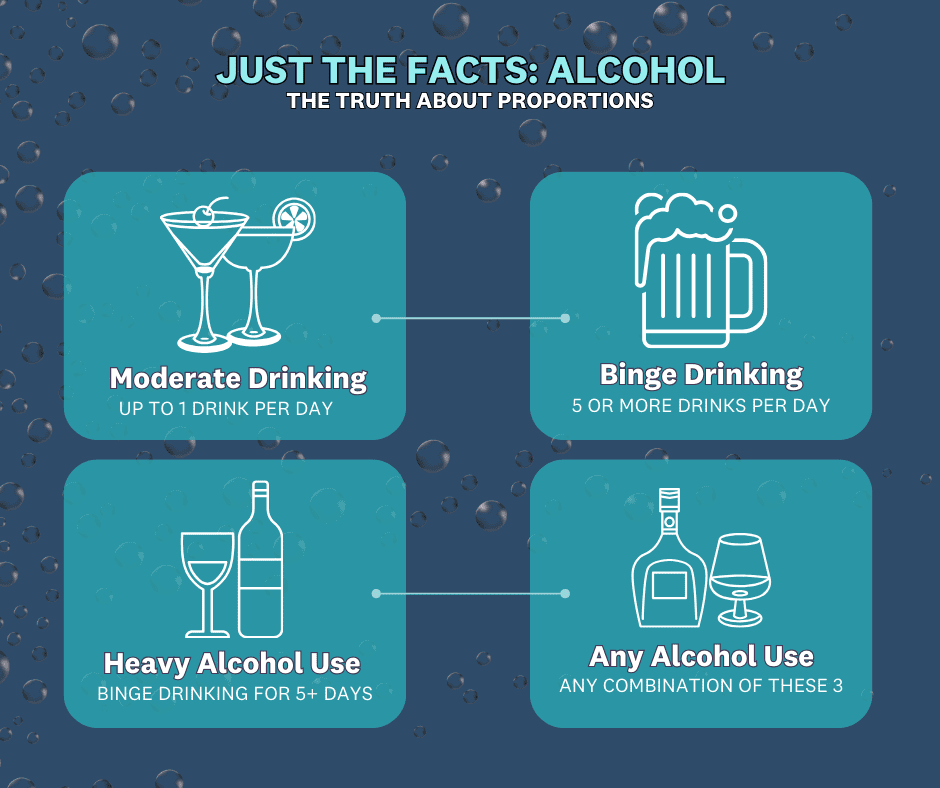Discover the surprising factors that influence the strength of your beer buzz – you won’t believe what makes a difference!
Table of Contents
Have you ever wondered how many beers it takes to get drunk? The answer isn’t as straightforward as you might think. In this blog post, we will delve deep into the science behind alcohol metabolism, individual tolerance levels, and various factors that influence intoxication. By understanding these factors, you can make more informed decisions about how much alcohol is safe for you to consume.
Factors Influencing Intoxication
One of the key factors that determine how drunk you get is the alcohol content of the beverages you consume. Beers with higher alcohol by volume (ABV) will get you drunk faster than beers with lower ABV. Additionally, your body weight and metabolism play a significant role in how quickly alcohol is absorbed into your bloodstream. People with higher body weight may be able to drink more without feeling as intoxicated compared to those with lower body weight.
Gender differences also play a role in alcohol tolerance. Generally, women tend to have lower alcohol tolerance than men due to differences in body composition and enzyme levels that affect alcohol metabolism. Moreover, whether you drink on an empty stomach or a full stomach can impact how quickly alcohol affects you. Drinking on an empty stomach can lead to faster intoxication, as there is less food to slow down the absorption of alcohol.
Individual Tolerance Levels
Genetic factors can also influence how your body processes alcohol. Some people have genetic variations that affect the enzymes responsible for breaking down alcohol, leading them to feel the effects of alcohol more strongly. Your personal history of drinking habits can also affect your tolerance levels. Regular drinkers may develop a higher tolerance over time compared to occasional drinkers.
Furthermore, certain medications or health conditions can impact how your body metabolizes alcohol. It’s essential to be aware of any potential interactions between alcohol and medication you are taking. Psychological factors, such as stress or mood, can also influence how alcohol affects you. Emotional states can intensify the effects of alcohol, leading to increased intoxication levels.
Alcohol Metabolism and Blood Alcohol Concentration (BAC)
Understanding how the body processes alcohol is crucial in determining intoxication levels. When you consume alcohol, it is absorbed into the bloodstream and metabolized by the liver. Blood Alcohol Concentration (BAC) levels indicate the amount of alcohol present in your bloodstream. It is essential to be aware of legal BAC limits, especially when it comes to driving. Impaired judgement, coordination, and reaction times are common signs of intoxication, indicating that it’s time to stop drinking.

Image courtesy of www.safeproject.us via Google Images
Drinking responsibly is key to avoiding negative consequences associated with alcohol consumption. Knowing your limits, pacing yourself, and staying hydrated can help you enjoy alcohol without overdoing it. Being aware of the signs of intoxication and knowing when to stop are essential for staying safe while drinking.
Conclusion
By unraveling the mystery of how many beers it takes to get drunk, we have shed light on the complex factors that influence intoxication levels. Factors such as alcohol content, body weight, metabolism, genetics, and psychological state all play a role in determining how alcohol affects you. Understanding these factors can empower you to make informed decisions about your alcohol consumption and prioritize your safety and well-being.
Remember, responsible drinking is about more than just knowing your limits—it’s also about being aware of how alcohol affects you personally and taking steps to ensure that you are drinking in a safe and controlled manner. By considering these factors and making responsible choices, you can enjoy alcohol in moderation while minimizing the potential risks associated with excessive consumption.
For further reading on alcohol metabolism and intoxication levels, we encourage you to explore reputable sources and consult with healthcare professionals if you have any concerns about your alcohol consumption.
FAQ
How does body weight affect alcohol tolerance?
Body weight plays a significant role in alcohol tolerance. People with higher body weight may be able to drink more without feeling as intoxicated compared to those with lower body weight due to differences in alcohol absorption rates.
Can genetics influence alcohol tolerance?
Yes, genetic factors can impact how your body metabolizes alcohol. Some people have genetic variations that affect the enzymes responsible for breaking down alcohol, leading them to feel the effects of alcohol more strongly.
Why does drinking on an empty stomach lead to faster intoxication?
Drinking on an empty stomach can lead to faster intoxication because there is less food present to slow down the absorption of alcohol into the bloodstream. This can result in a quicker and more intense alcohol effect on the body.
How does alcohol metabolism affect Blood Alcohol Concentration (BAC)?
Alcohol metabolism refers to the process in which alcohol is broken down and eliminated from the body. Blood Alcohol Concentration (BAC) levels indicate the amount of alcohol present in the bloodstream. Understanding alcohol metabolism is crucial to determining intoxication levels and staying safe while drinking.
Generated by Texta.ai Blog Automation


Leave a Reply